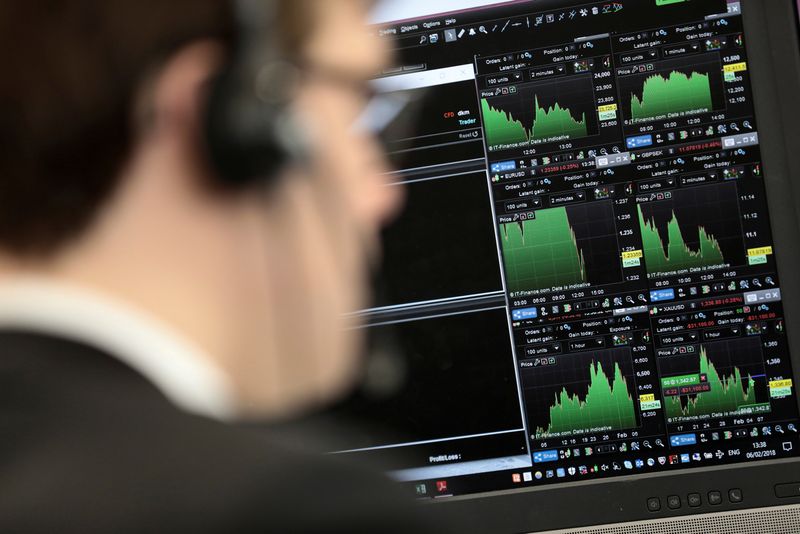Investing.com — As per analysts at BCA Research, the global financial markets in 2025 could face a series of geopolitical shocks that might redefine economic strategies and investor sentiment.
These events, though improbable, are classified as “black swans” due to their potential for far-reaching impacts.
The first major surprise could come from China. Despite its current trajectory of incremental economic stimulation, a dramatic reversal in policy might catalyze a rally in both domestic and offshore equity markets.
Analysts suggest that a shift towards aggressive fiscal spending, pro-market reforms, and reduced confrontation with the West could reinvigorate China’s economy.
However, such a pivot remains highly unlikely given Beijing’s cautious approach to economic management and resistance to fundamental systemic changes.
The second possible shock is a nuclear deal between the United States and Iran, potentially orchestrated under a Trump administration.
If successful, such an agreement could alleviate tensions in the Middle East and remove a critical supply risk, leading to a sharp decline in oil prices.
This scenario would not only reshape the energy markets but could also realign regional alliances and trade dynamics.
A third unexpected twist could emerge from a shift in NATO’s dynamics. Should the U.S. renege on its commitments, it might embolden Russia to encroach upon a NATO member’s sovereignty.
Such an event could destabilize European assets and currencies, with Eastern European markets likely bearing the brunt of the fallout. The broader implications would challenge the security architecture that has defined Europe since the Cold War.
Another potential surprise involves the United States taking military action across its southern border, particularly in Mexico.
Driven by a desire to pressure allies and partners to shoulder more of the security burden, such actions could provoke a political and economic crisis.
The resulting instability might affect trade, migration, and security cooperation throughout the region.
Finally, a coordinated foreign exchange intervention by major economies to counter the overvalued U.S. dollar could send shockwaves through currency markets.
This move would aim to address imbalances created by aggressive U.S. trade tariffs and could lead to a steep devaluation of the dollar, impacting global trade and investment flows.



